Following the Lunar Rhythm: Understanding China’s Traditional Festivals
China’s traditional festivals are not merely holidays; they are the heartbeat of a civilization shaped by poetry, family, food, astronomy, and the philosophy of harmony between heaven and earth. Each festival carries symbolism, seasonal wisdom, and rituals that have passed through thousands of years — yet they continue to live vividly in modern cities and villages alike.
For travelers, experiencing these festivals is an invitation to step beyond sightseeing and into the cultural soul of China.
In this guide, we explore the major festivals that shape the Chinese year — what they mean, how they are celebrated, and how travelers can experience them meaningfully.
Spring Festival (Chinese New Year) — A New Beginning
Time: Late January to Mid-February (based on the Lunar Calendar)
Key Symbolism: Renewal, reunion, family blessings
The Spring Festival marks the beginning of the Lunar New Year. Homes are decorated with red lanterns and calligraphy banners, symbolizing good luck and protection. Families gather for a reunion dinner, where dumplings shaped like ancient gold ingots represent wealth and happiness.
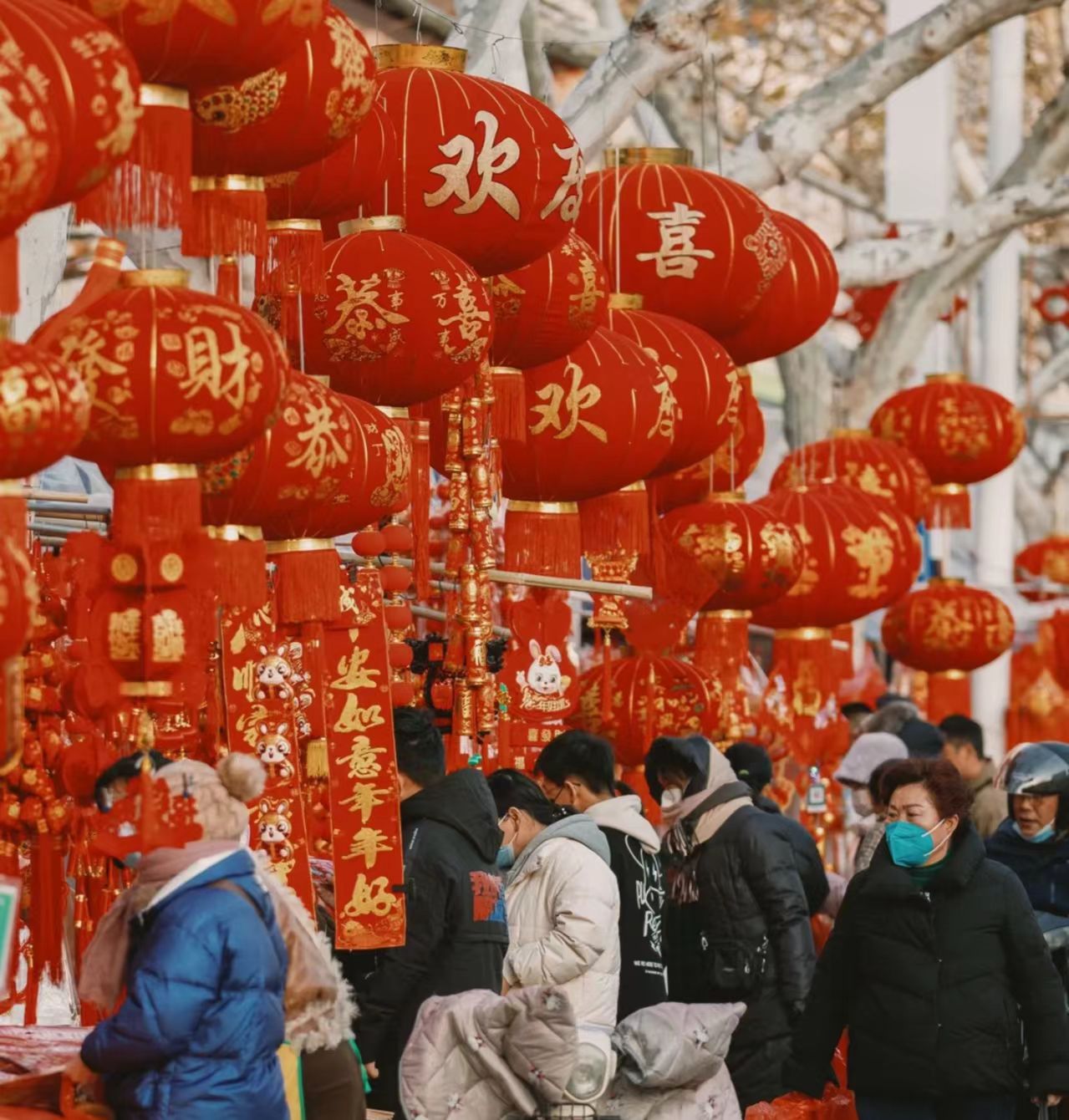
Traveler Insight:
Visit traditional neighborhoods, watch temple fairs, or see dragon and lion dances in the streets. The atmosphere is warm, lively, and deeply emotional.
Lantern Festival — The First Full Moon of the Year
Time: 15th day of Lunar New Year
Key Symbolism: Light, harmony, and hope
At night, glowing lanterns rise like floating stars. Children parade through streets carrying lanterns shaped like dragons, rabbits, or blooming lotuses. Sweet tangyuan rice dumplings symbolize family unity.
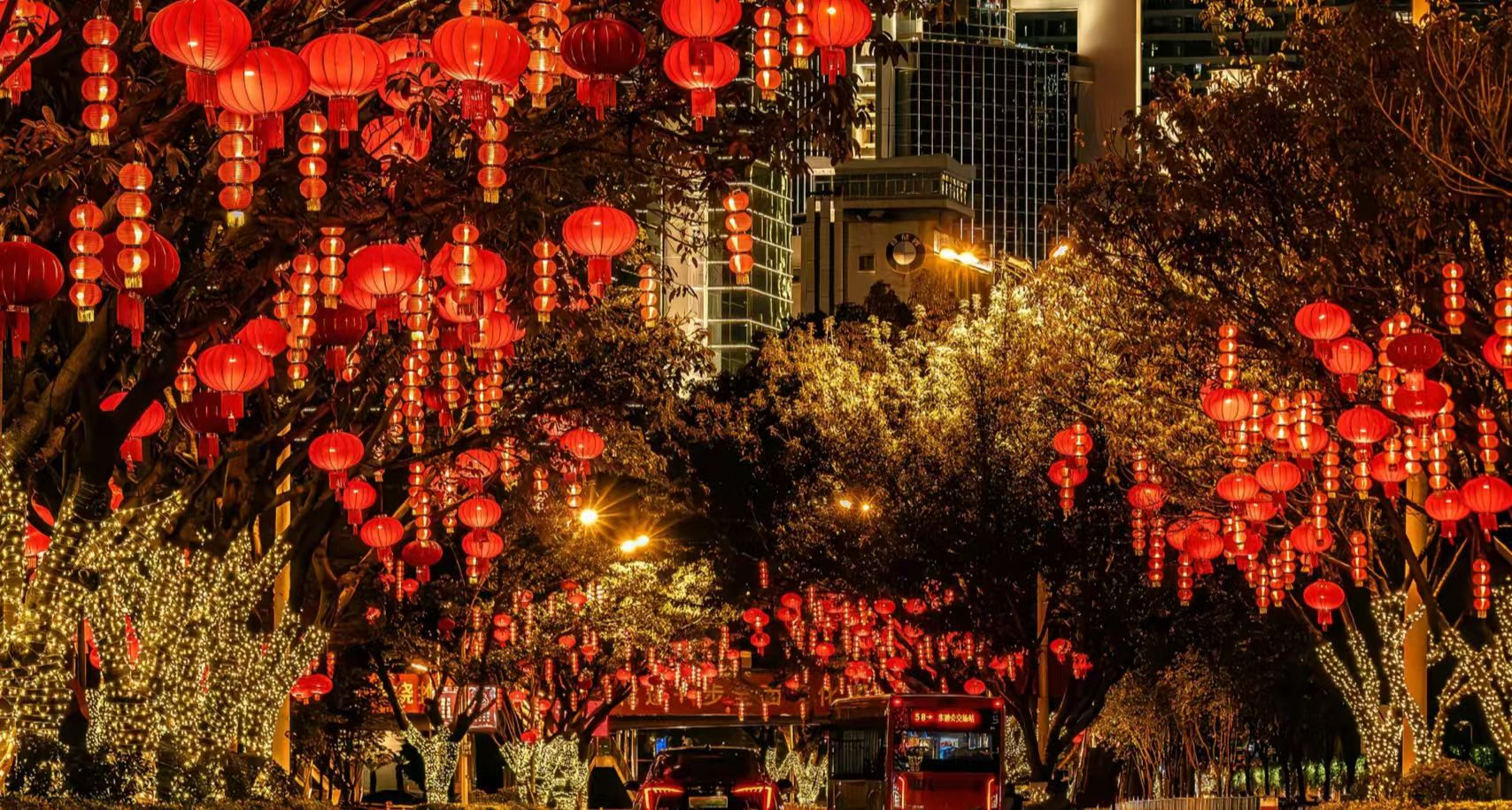
Traveler Insight:
Visit a lantern display at a classical garden or a riverside—Hangzhou, Xi’an, and Zigong are particularly magical.
Qingming Festival — Honoring Ancestors, Celebrating Spring
Time: Early April
Key Symbolism: Reverence, remembrance, and rebirth
Qingming is both solemn and refreshing. Families visit ancestral graves, offer flowers or incense—and afterward, they fly kites, walk in the countryside, or enjoy outdoor picnics.
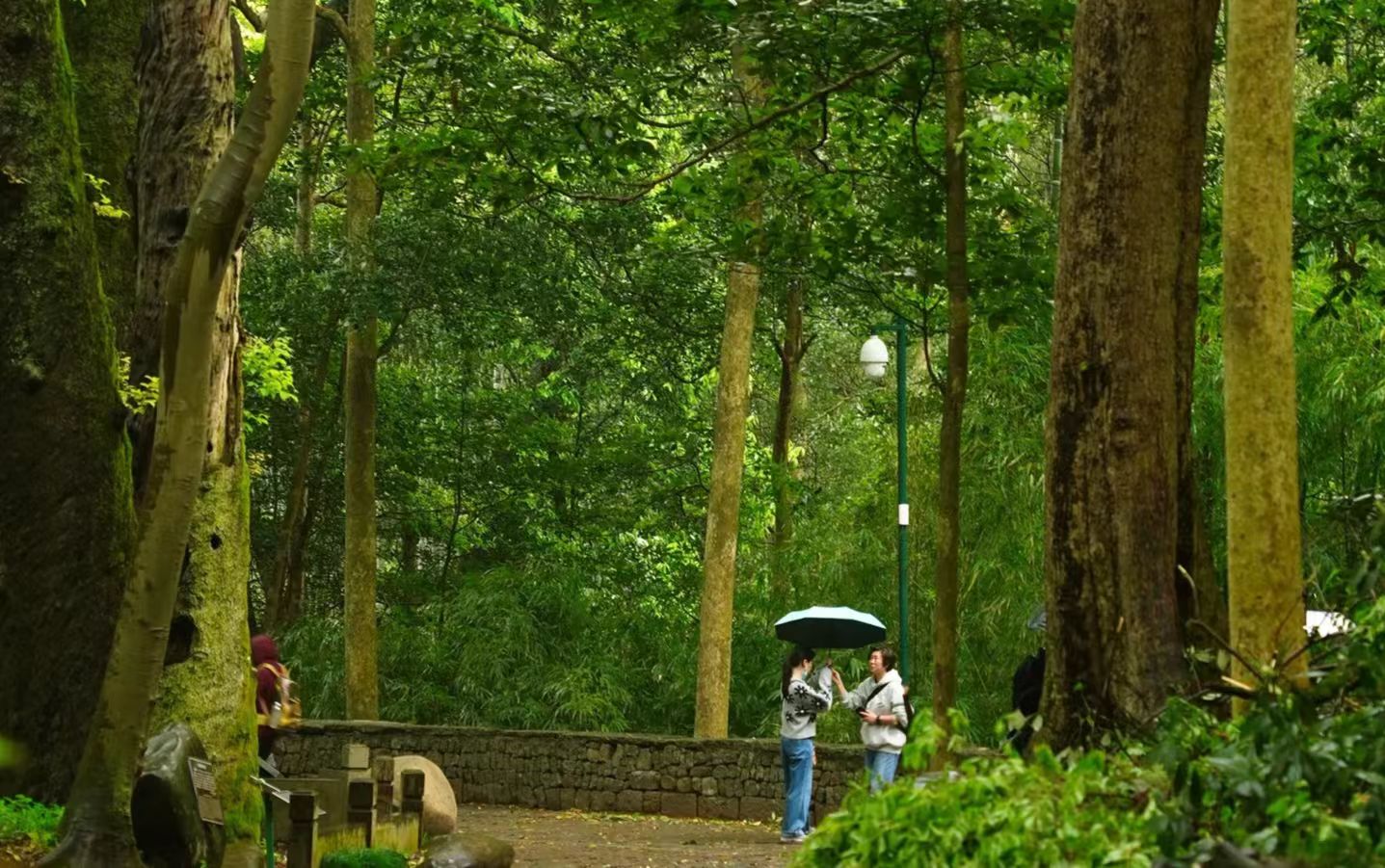
Traveler Insight:
Villages near Suzhou, Hangzhou, and Fujian offer deeply poetic Qingming experiences.
Dragon Boat Festival — Heroism & Heritage
Time: Fifth day of the Fifth Lunar Month
Key Symbolism: Loyalty, tradition, strength
This festival commemorates the poet Qu Yuan. Families eat zongzi (sticky rice wrapped in bamboo leaves) and cheer for dragon boat races paddling to the beat of thunderous drums.
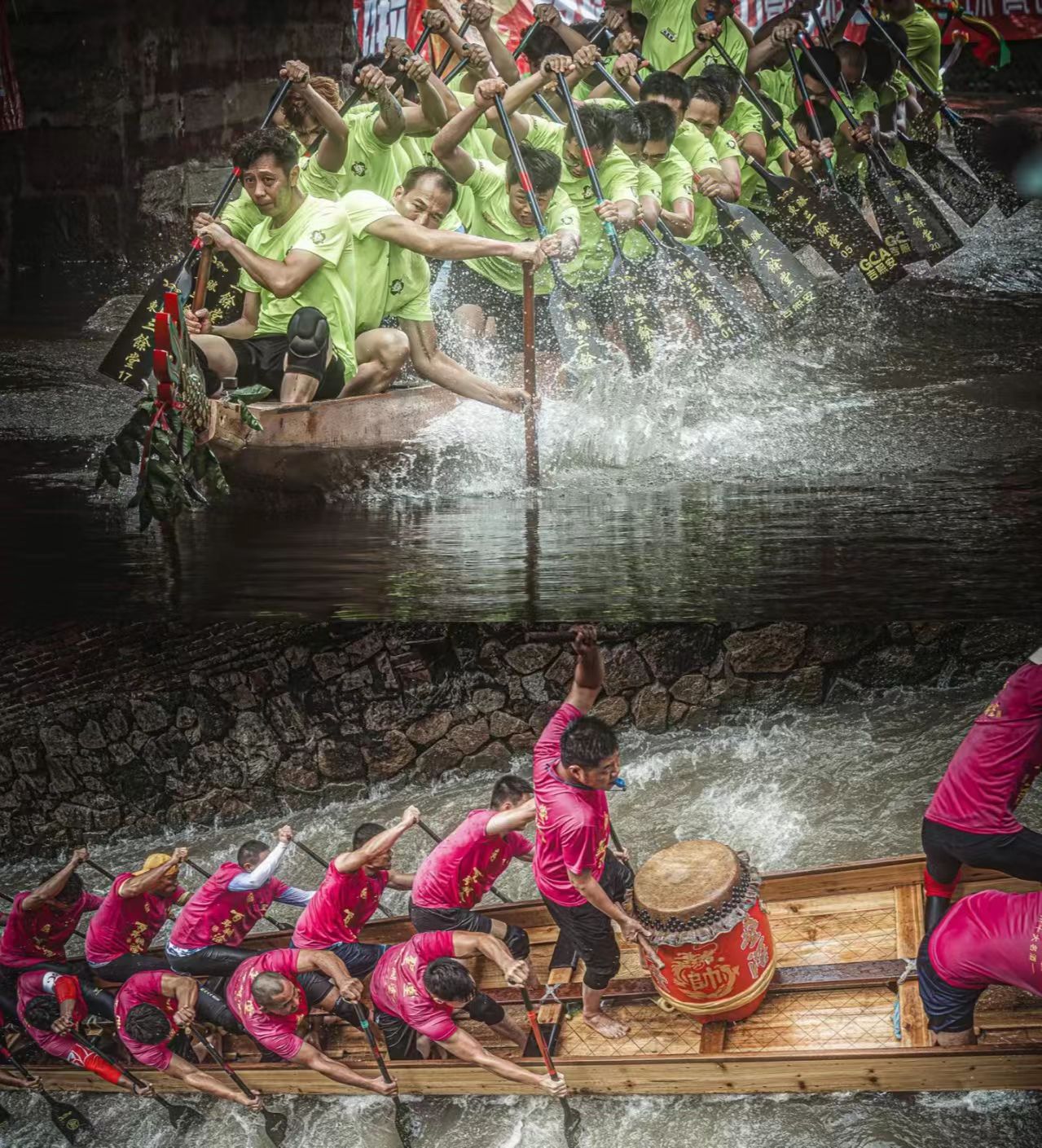
Traveler Insight:
Hangzhou, Guangdong, and Hunan host spectacular dragon boat competitions.
Mid-Autumn Festival — When the Moon Is Brightest
Time: 15th day of the Eighth Lunar Month
Key Symbolism: Reunion, longing, harmony
Families gather to share mooncakes and admire the full moon. The festival reflects Chinese poetry’s most cherished theme: no matter how far we are, we look up at the same moon.
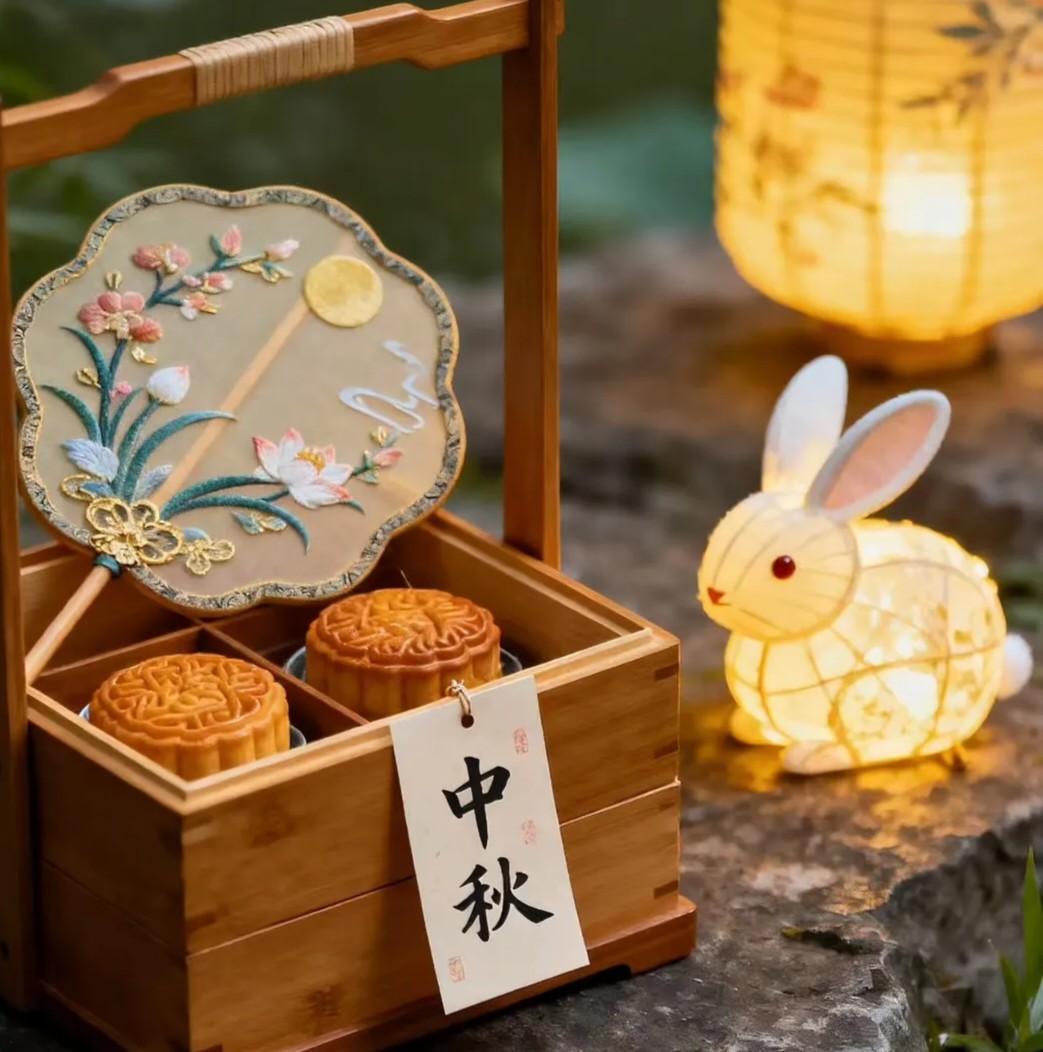
Traveler Insight:
West Lake in Hangzhou or the Bund in Shanghai are breathtaking places to admire the moon’s reflection in the water.
National Day & Golden Week — Pride in a Modern Nation
Time: October 1
Key Symbolism: Celebration, unity, travel
Cities host fireworks, flag ceremonies, and public performances. Many people travel, creating a lively nationwide festive atmosphere.
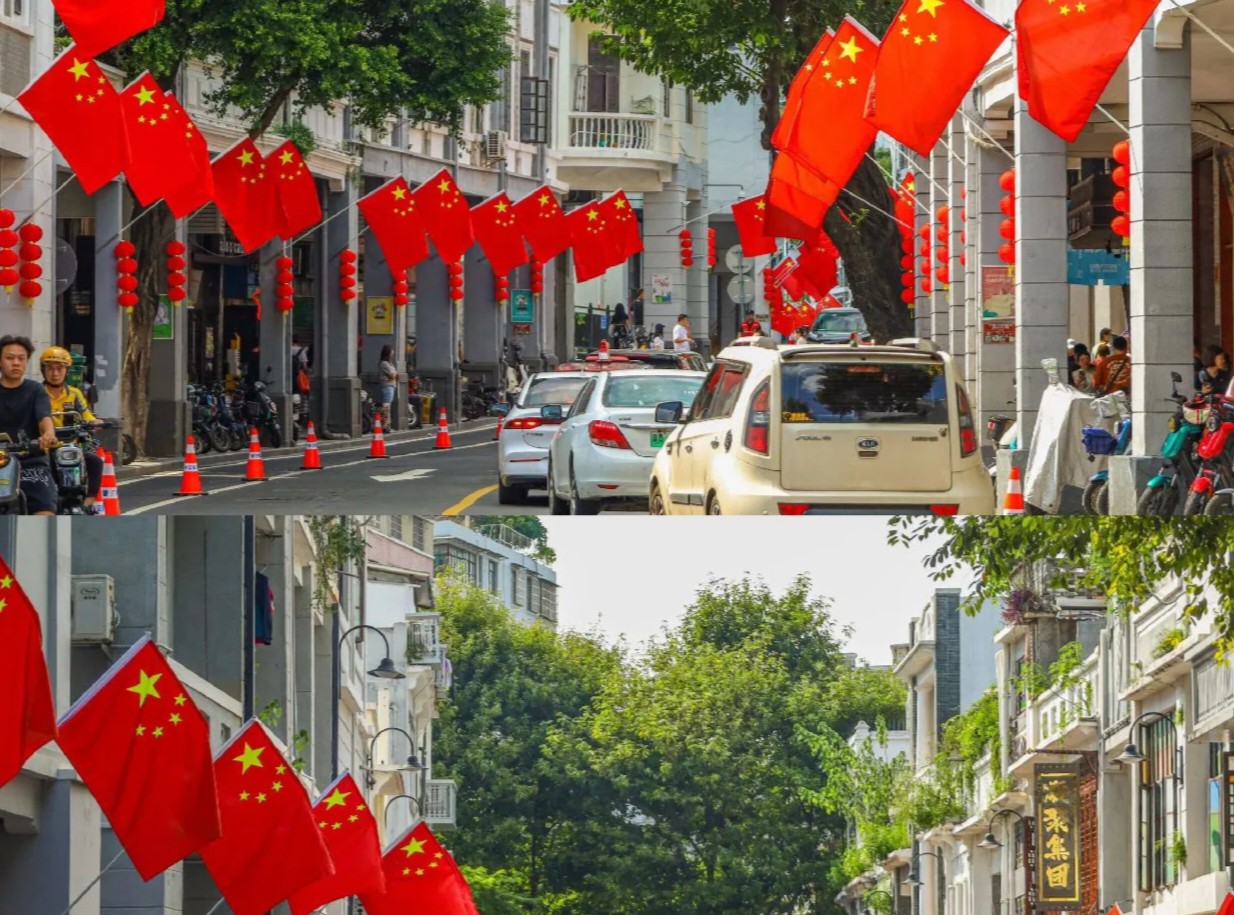
Traveler Insight:
Plan ahead — high-speed rail, hotels, and major attractions book up quickly.
Double Ninth Festival (Chongyang) — Climbing High & Reflecting Deeply
Time: Ninth day of the Ninth Lunar Month
Key Symbolism: Longevity, respect, mountain appreciation
People hike mountains, drink chrysanthemum tea, and cherish time with elders. It is a day of introspection and natural beauty.
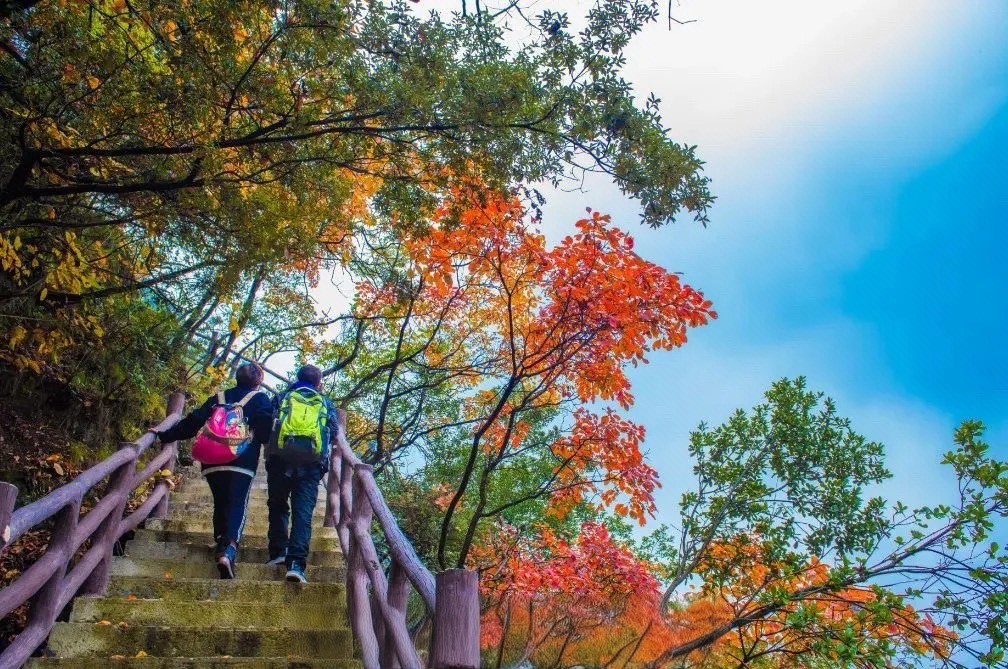
Traveler Insight:
Mountains around Beijing, Nanjing, or Chengdu offer ideal Chongyang climbs.
Travel Tips for Experiencing Chinese Festivals Authentically
| Festival | What to Try | Where to Go |
|---|---|---|
| Spring Festival | Temple fairs, New Year foods | Beijing, Xi’an |
| Dragon Boat | Boat races | Hangzhou, Guangzhou |
| Mid-Autumn | Moon viewing | West Lake, Shanghai Bund |
| Qingming | Tea fields, countryside walks | Hangzhou, Fujian villages |

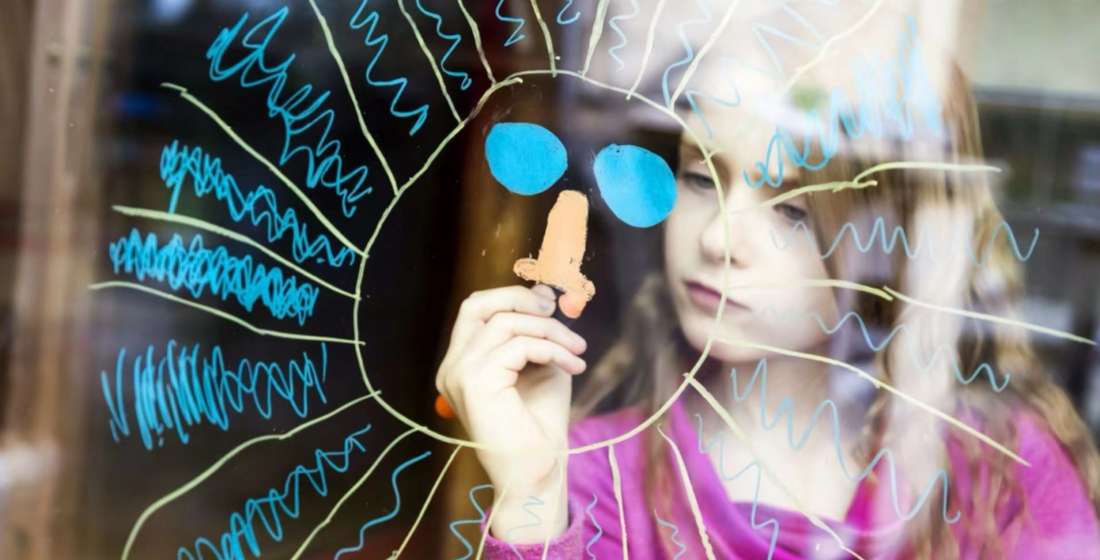
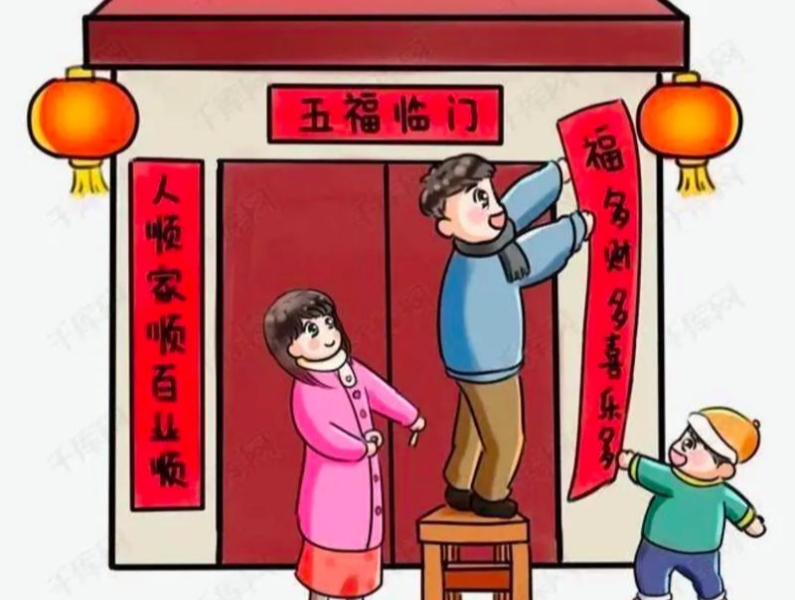
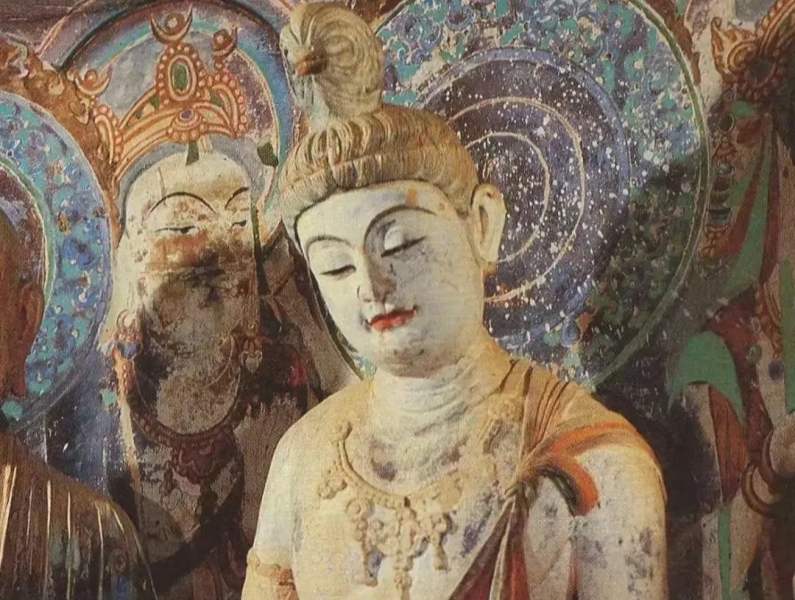
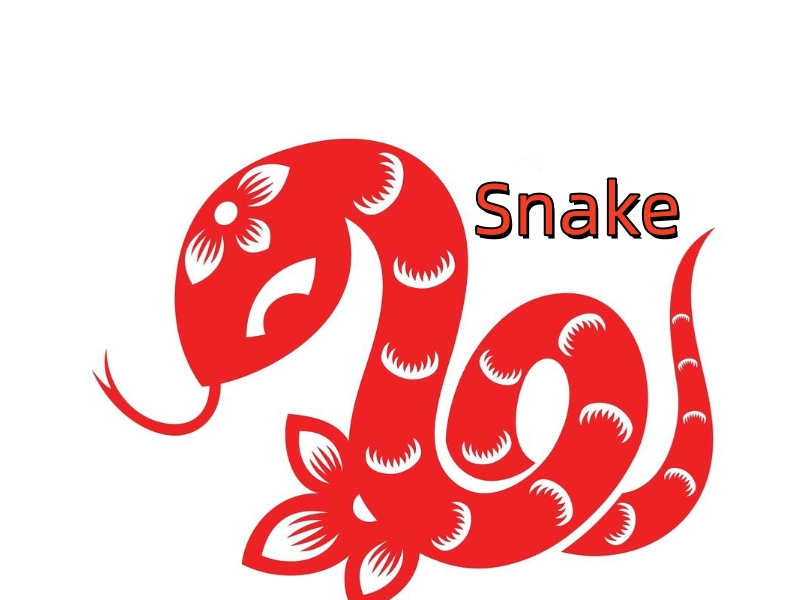
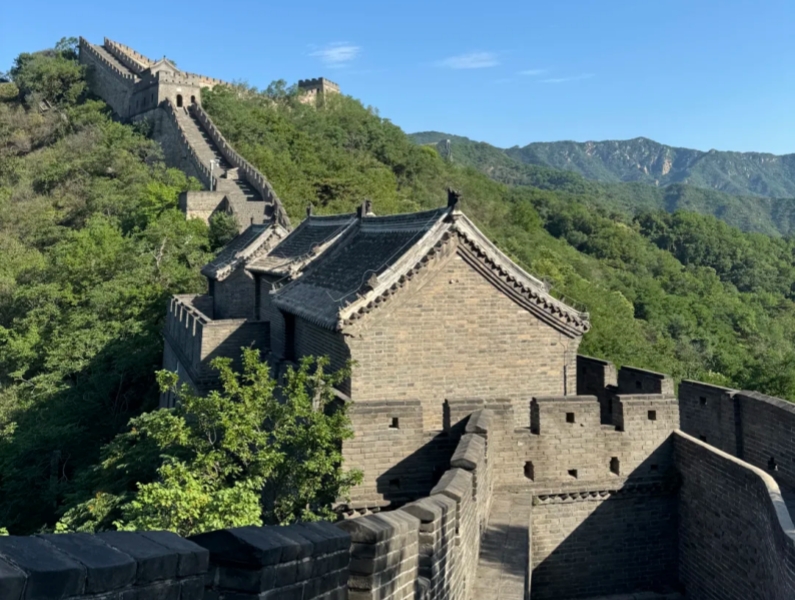
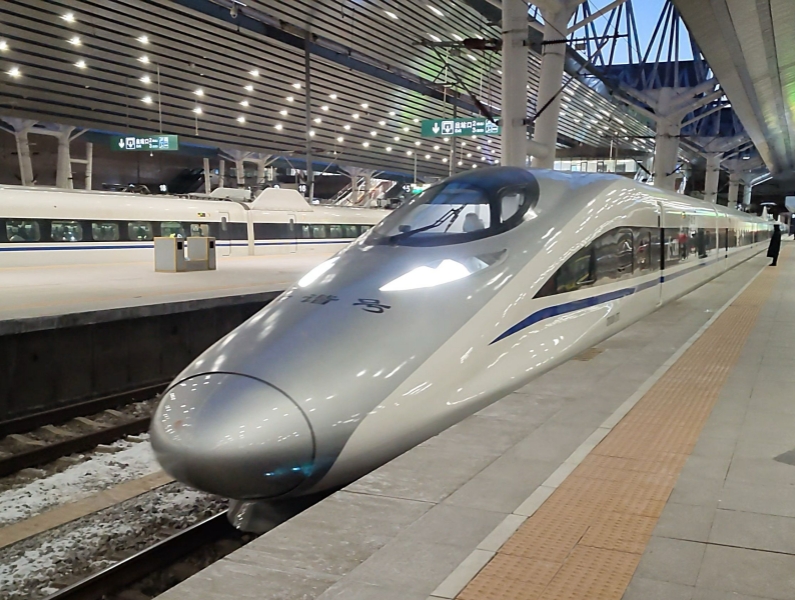

.png)


